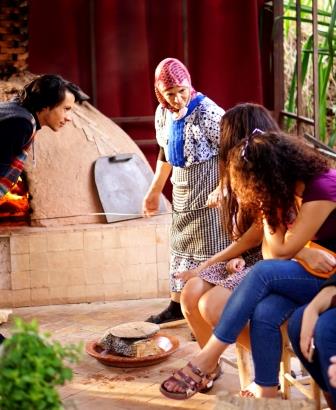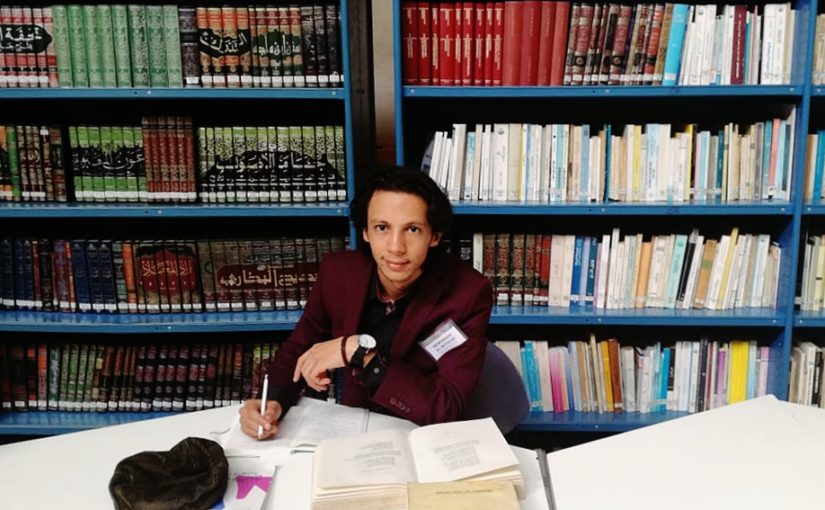The following is an interview with 2019 Salaam Fellow Muhammad El Metmari and is based on his experience during the Salaam Fellowship for Conflict Resolution.
How important do you think it is to engage in cross-cultural exchange and intercultural dialogue, particularly between eastern and western cultures?
In a world that is ideologically dominated by a clash of civilizations and identities, programs that reinforce intercultural dialogue, peace and communication such as the Salam Fellowship become an imperative necessity nowadays. As a Palestinian-Israeli Conflict Researcher and Activist, the Salam Fellowship broadened my perspectives on conflict and its resolution and sharpened my expertise in negotiation. Because it combined fellows from the US and Morocco, I felt this fellowship combined two historically, religiously and culturally different narratives; that’s of the West and the East.
The Fellowship granted us an environment where opposites could be reconciled, a space where two versions of the story were brought to light and objectively considered. Chimamanda Ngozi Adichie once said that “there is a danger of a single story.” For this reason, the practical side was able to diminish all of the exclusions and embrace all of the inclusions possible between the fellows. Meaning, the fellowship was not only ten days of extensive training, but also a golden opportunity to establish truthful friendships with the different “Other.” Thus, I firmly believe that Initiatives like The Salaam Fellowship–brought by the Open Hands initiative and its key partners–are important to bridge between the conflicting East and West and hence create individuals who not only believe in peace, but who also could vindicate it.

What unique opportunities did the Salaam Fellowship offer?
[T]he fellowship graciously offered a practical aspect that we lack in our Moroccan educational systems. We got firsthand exposure to issues in our community. This experience made us not only aware of their existence but was strongly interactive and gave us a chance to find workable solutions to them. And I strongly believe that marginalized communities like the focus of this year’s version of the Salaam Fellowship need the efforts of non-profit organizations. They voice their inhabitants’ needs, prospects, and aspirations. They are also important to these communities’ rise on economic grounds.
Additionally, I am sure that me and my Moroccan Fellows were as productive as our American peers. Yet, we are rarely offered such opportunities to show our potential and express our voices. Therefore, no matter what the significance of the experience is – it was professionally magnificent – it will remain a shining experience in the resumes and careers of or our rising leaders. For sure, my experience with the Open Hands Initiative not only helped with self-growth but to embark on the journey of becoming an influential leader in my community as well.
Mohamed El Metmari is a Salaam Fellow based in Larache, Morocco. He is an aspiring artist and researcher with an academic background in art, aesthetics, international politics, humanities and English & Arabic Literature. Besides his practical, political and academic qualifications, he is involved in community service and many socio-cultural activities in his country and elsewhere. He is a founding member of L’ atelier D’art Elfen in Larache where he facilitates art workshops for children and adults. He is also the Founder of Larache’s Talents; an initiative that is dedicated to voicing young talents from Larache, their aspirations, and needs. Currently, he is a second-year master student at Abdelmalek Essaadi University (UAE), the same university where he obtained his BA in 2018. At the moment, he is working on the creation of a Street Art Festival in Morocco that will host artists from all over the world. Simultaneously, he is conducting his MA thesis on the Palestinian-Israeli conflict and vindicating the Palestinian cause with pro- Palestinian organizations and through his artwork.
